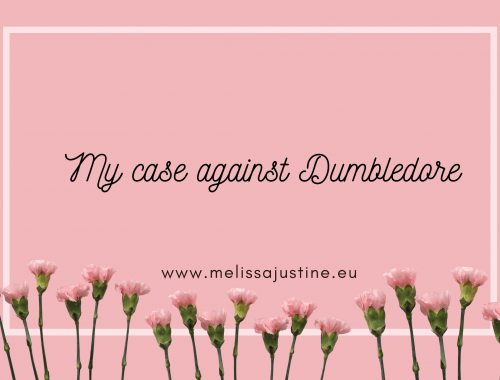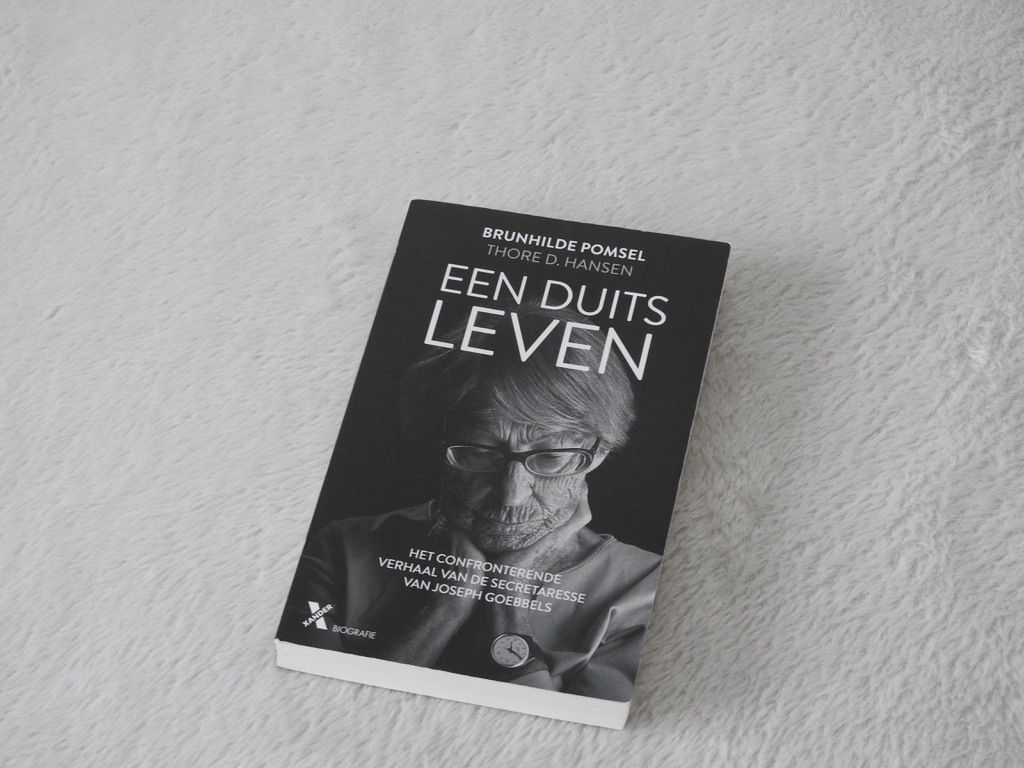
A German Life – Brunhilde Pomsel, Thore D. Hansen
History was always my favourite subject in school, the world wars intrigued me. So much happened at one time and it always made me wonder why people did what they did and maybe even more interesting how they would look at it now. Years later, what would they say? Would they say like so many did “We didn’t know” and would that be the truth? Would you lie outright or by omission? Would you be able to truly bear what you were responsible for? I think making yourself look/sound less important. Maybe that would be easier? History makes us feel a certain way, It is written by the winning party. So, can we ever truly understand why someone came to the point of being a secretary for Joseph Goebbels?
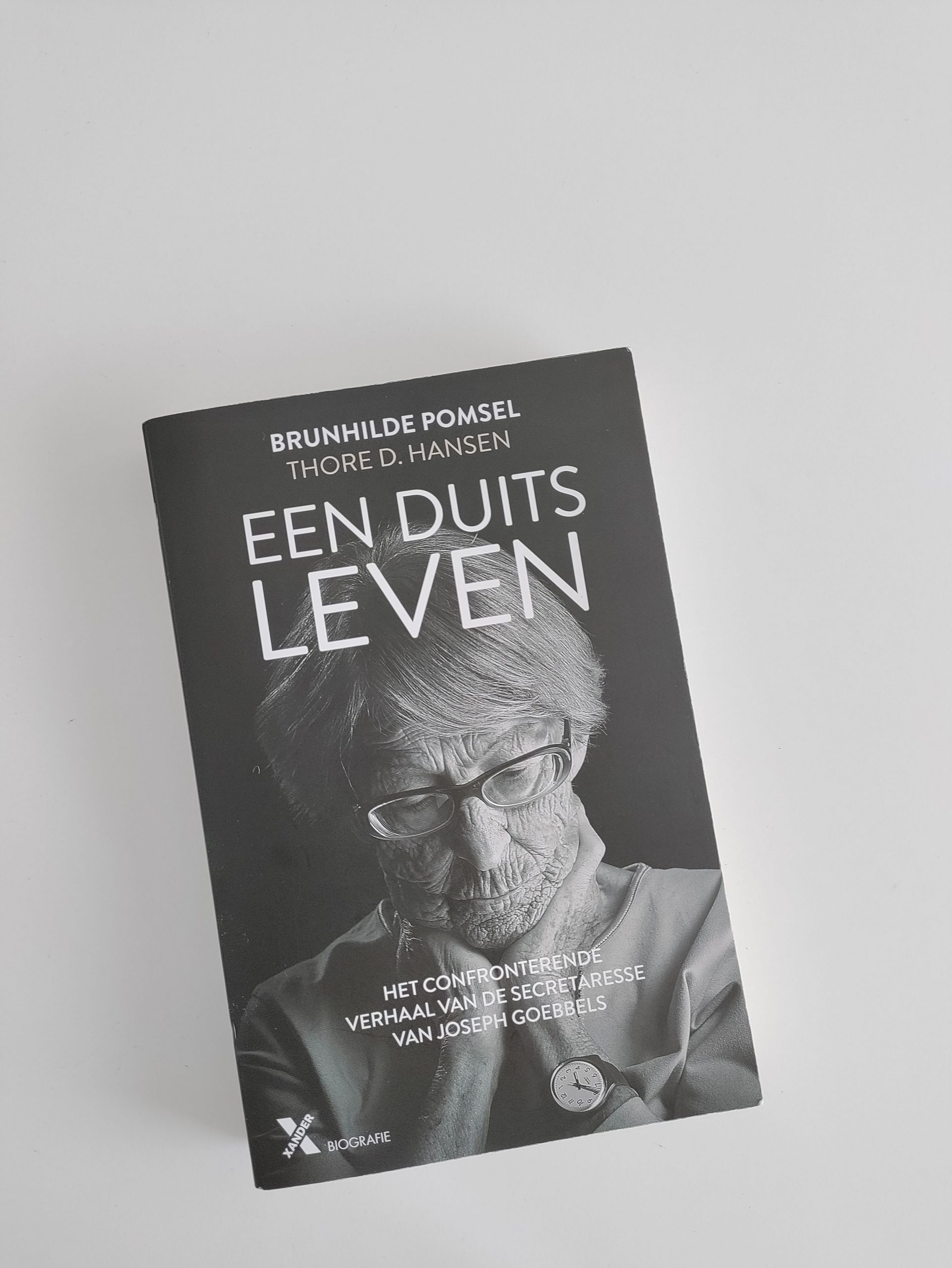
What is this book about
Brunhilde Pompsel worked from 1942 to 1945 for one of the greatest war criminals ever: Joseph Goebbels. This put her right in the center of power in Nazi Germany.
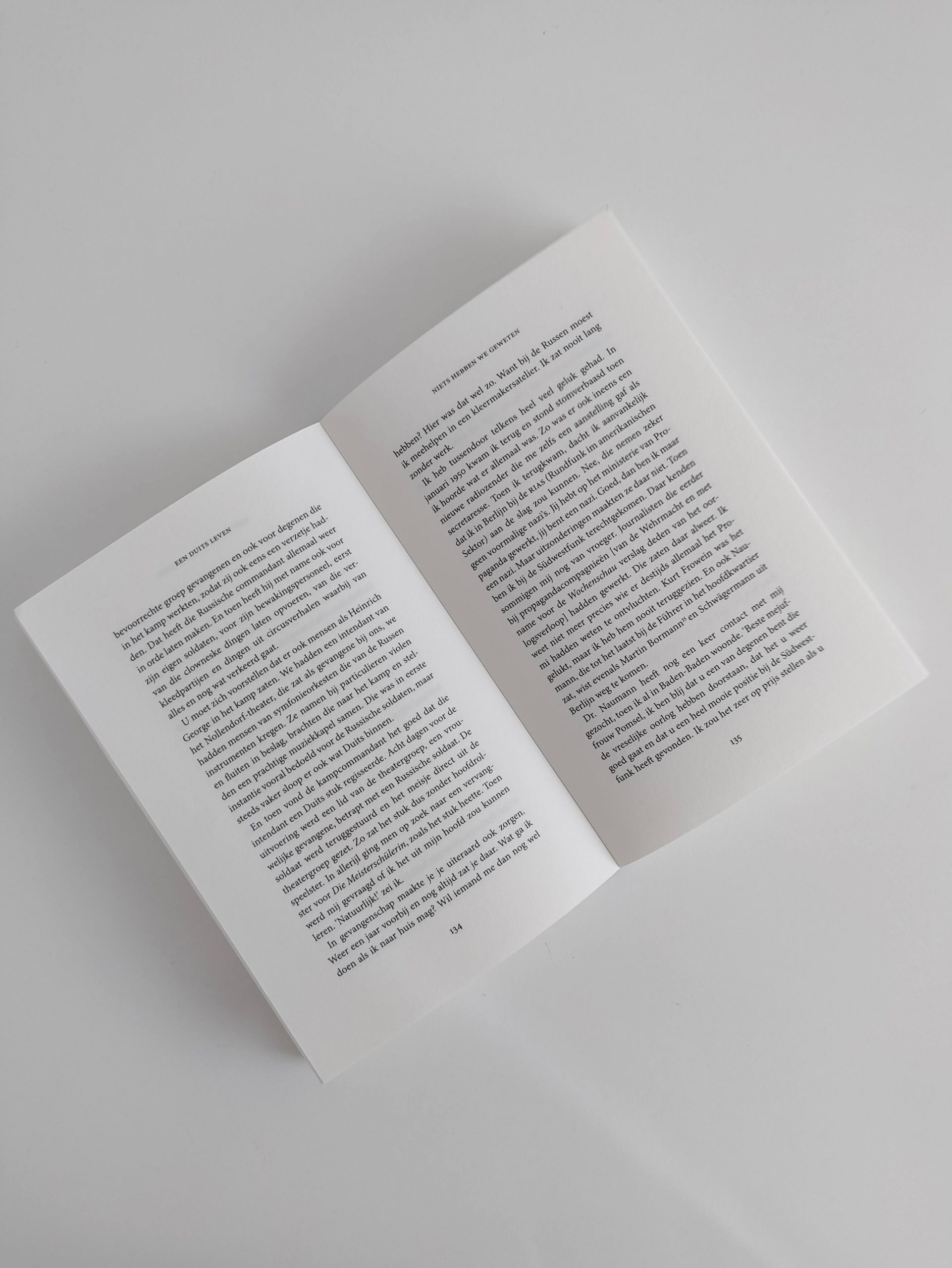 In a German life, Pomsel tells without hesitation about the war years. She was an apolitical follower and doesn’t deny it: her job, her sense of duty, and her desire to belong went for it. It was only after the war that he became aware of the full extent of the Nazi practices. Her life story and unconcealed honesty confront us with a highly topical question: what is our personal responsibility in this politically turbulent time of resurgent nationalism and populism? And what are the chances of history repeating itself if we don’t become aware of it? will we say later, like Pomsel, “We didn’t want to know?”
In a German life, Pomsel tells without hesitation about the war years. She was an apolitical follower and doesn’t deny it: her job, her sense of duty, and her desire to belong went for it. It was only after the war that he became aware of the full extent of the Nazi practices. Her life story and unconcealed honesty confront us with a highly topical question: what is our personal responsibility in this politically turbulent time of resurgent nationalism and populism? And what are the chances of history repeating itself if we don’t become aware of it? will we say later, like Pomsel, “We didn’t want to know?”
What did I think?
This was truly one of the most confronting stories I have ever read. It is interesting to learn from the past. To look at what happened in Germany and the problems in the country as well as in the rest of Europe. To see not only how Hitler came to power but also honestly why the people voted him in. Was it something about him, was it the way he framed his message? It can help us prevent it from happening again and that is important.
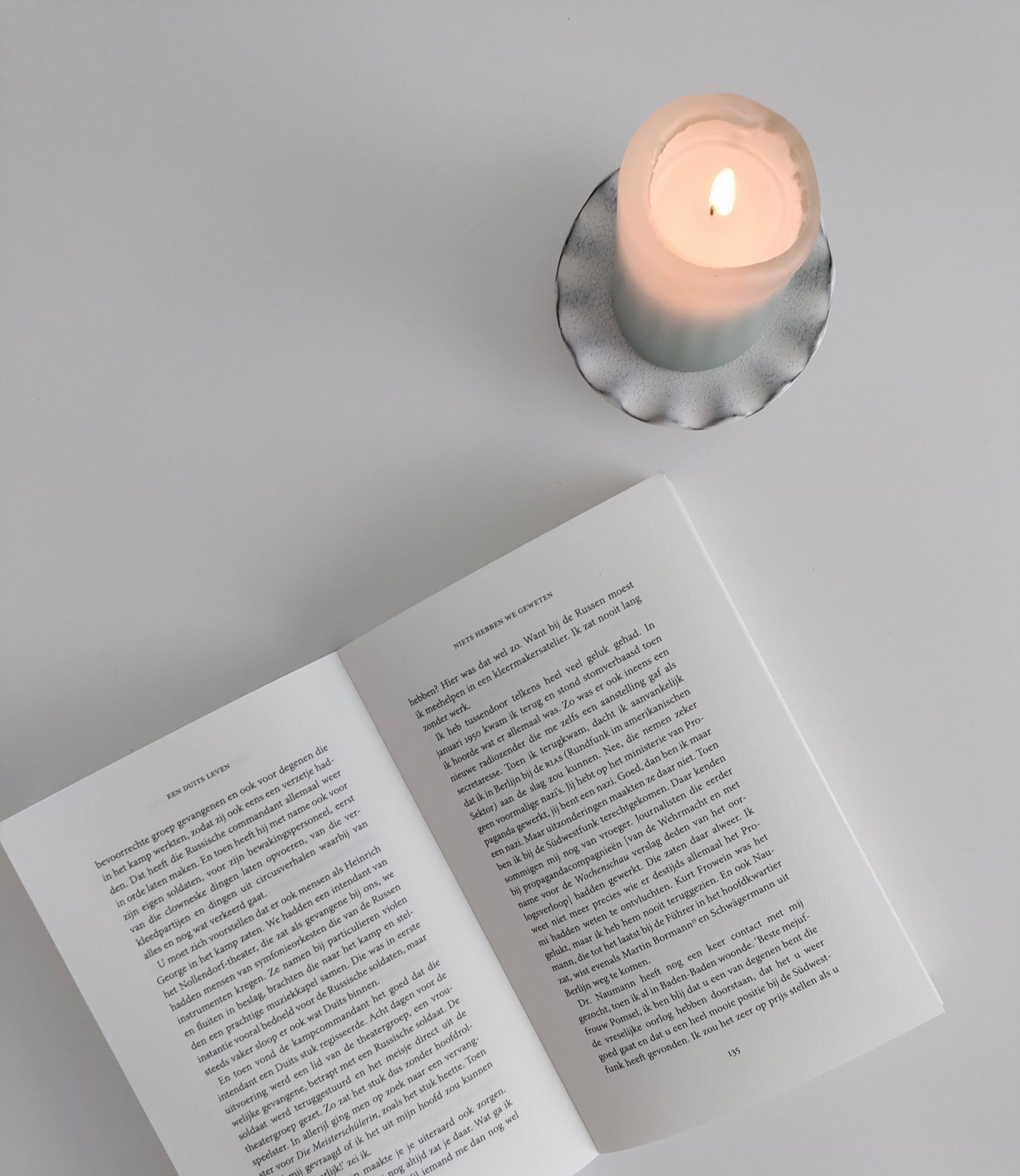
Like I said before this book was so interesting yet heartbreaking at the same time. In a way, it is understandable that Pompsel paints herself as well, as the person who did not do anything. As if all of it happened to her, as no fault of her own. Yet, that’s not entirely true. It couldn’t have been, I do believe there was a lot she did not know, but I also believe there was a whole lot more she didn’t want to know. You don’t end up in the bunker next to Hitler himself if you didn’t do anything. I understand that if you never felt so strongly about the whole thing, to begin with, and then your side loses. That you think why put your neck on the line? I get it, truly. but maybe stay away from writing a book if that is your viewpoint.
The thing I wonder about is where is the lie. She is lying by omission, so what is the truth? It’s so sad and heartbreaking to think that someone would be pushed to do things that are morally not right. Yet, she lived to tell the tale, the only problem is it’s hard to know what is the truth. It reads like that as if the truth is in there but you have got to read between the lines. It’s a heartbreaking tale but I am not sure if it teaches us anything because the honesty I had hoped for wasn’t there. “I didn’t know” is easy to say, if that is how you can live with your choices by all means but it doesn’t aid us in our knowledge to never letting it happen again.
Lots of love, Melissa

Black Widow (2021)
You May Also Like
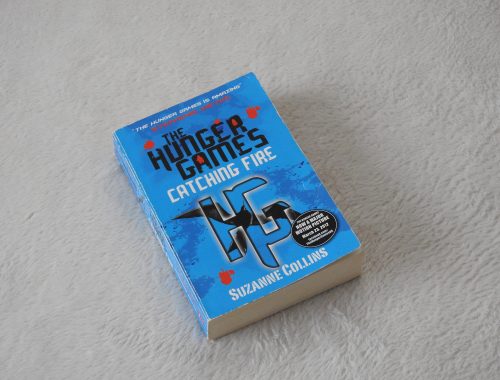
The Hunger Games: Catching fire – Suzanne Collins
20/12/2017
Slayter Brothers #4: Keela – L.A. Casey
25/01/2023